Category: Mental Health
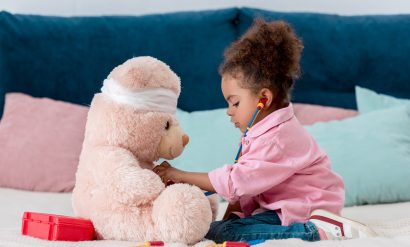
W: Why we all need play in a crisis
5 July 2022
How can play help us to understand and process thoughts and emotions during times of trauma or crisis?
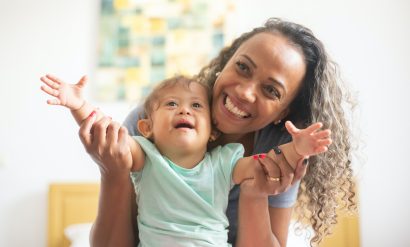
Evidence-based interventions in the first 1001 days: A PEDAL panel discussion
1 October 2021
PEDAL and the First 1001 Days Movement hosted a fascinating lunchtime panel considering how to ensure our youngest children and their families receive the most appropriate, timely and effective intervention to support their health and development. Professor Mike Robling (Director of Population Health Trials, University of Cardiff) and Professor Paul Ramchandani (LEGO Professor of Play, […]
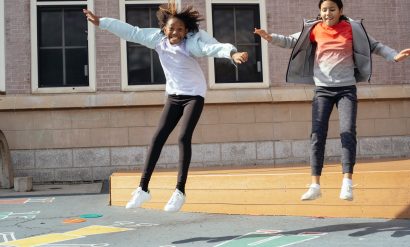
School Break Times & Young People’s Social Lives in England
16 June 2021
In this lunchtime webinar, PEDAL was joined by Dr Ed Baines from the UCL’s Institute of Education. School breaktimes are important social play settings for children and young people. In the past decade there have been changes to schools and education in England, reports of increases in structured school clubs, and concerns about school food, […]

Play in Green Spaces: A PEDAL panel discussion
25 March 2021
Adults instinctively feel that playing outside is good for children, but what is actually known about the benefits of play in green spaces? As cities around the world continue to expand, more children are growing up without access to the countryside, or even to parks and gardens. Playtime takes place indoors or in the built […]
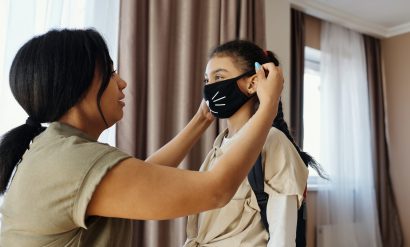
Parenting and Early Childhood in the Pandemic
2 February 2021
TEDxCambridgeUniversity’s event ‘The New Normal’ featured a talk from PEDAL PhD candidate Sabilah Eboo Alwani. This is a recording of Sabilah’s talk on Parenting and Early Childhood in the Pandemic. Sabilah’s research examines the relationship between parenting and early childhood development, including the themes of resilience and play. She is a longstanding practitioner in the fields […]

PEDAL September Speaker Series: Play in the Pandemic
4 January 2021
This webinar was part of our September Speaker Series, recorded in September 2020. These lunchtime sessions aimed to bring together academics, practitioners & policymakers to discuss some of play research’s key issues virtually during the COVID-19 pandemic. Professor Sara Baker was joined in this webinar by Helen Dodd, Professor of Child Psychology at the University […]

Supporting families with their children’s behaviour: The Healthy Start, Happy Start Study
6 June 2021
Christine O’Farrelly, Hilary Watt, Daphne Babalis, Marian Bakermans-Kranenburg, Beth Barker, Sarah Byford, Poushali Ganguli, Ellen Grimas, Jane Iles, Holly Mattock, Julia McGinley, Charlotte Phillips, Rachael Ryan, Stephen Scott, Jessica Smith, Alan Stein, Eloise Stevens, Marinus van IJzendoorn, Jane Warwick, Paul Ramchandani.

The protective effects of peer play against mental health problems
27 July 2022
Yiran Vicky Zhao, Jenny Gibson
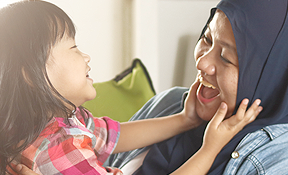
Links between mums’ mental health and children’s pretend play
6 July 2021
Zhen Rao, Beth Barker, Christine O'Farrelly, and Paul Ramchandani
